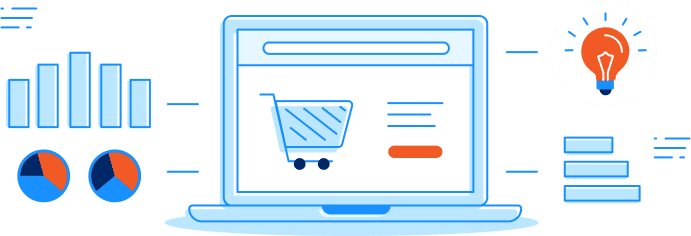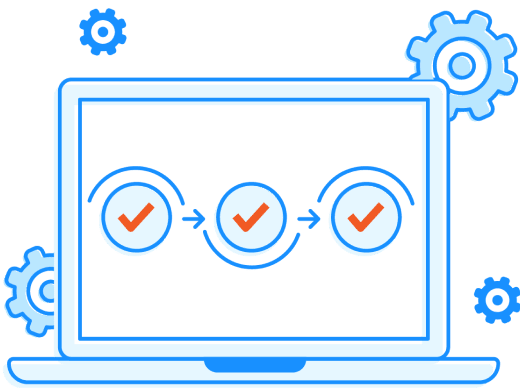“What items in your organic food section are all sale this week?” “Where can I find the tahini?” “Which aisle are the vitamins in?” These are the kinds of questions shoppers ask a thousand times a day. Sometimes they have a store associate to help them. Other times they can wander for a while before they find what they’re looking for.
But what they’re used to doing in the world outside of brick and mortar is just asking Siri or Google. Not even typing it, just turning on that little microphone and asking the question of the tech gods. Natural language processing, the tech behind Siri, is popping up everywhere. And if it’s not included in your technology innovation roadmap, you might get left behind.
Natural language processing (NLP) is a form of artificial intelligence. It’s a developing science, as anyone knows if they’ve dictated a message into their phones and hit send without looking. From horrifying to hilarious, the translation, plus the autocorrect, comes up with some doozies. Nonetheless, it is often the fastest and most efficient way for people to get information. A recent Stanford study shows that dictating into the phone has gotten much faster.
And more importantly, it’s the way people function today. If stores don’t keep up with consumer habits, it’s like asking someone to send a fax instead of an email—it puts such a lag on their momentum it can literally make them reconsider their relationship with you.
Amazon and Whole Foods Are Changing Everything
When Amazon announced its plan to buy Whole Foods, it took a beat before everyone figured out what the game plan was, how the grocery retail world was about to change. But the answer was powerful: data. Amazon knows the power shoppers have to find a better deal on their smartphones with minimal effort. So the company plans to “capture” shoppers with their wi-fi, guide them through the store to create the best experience, and use all the data they collect in the process to make them even more competitive.
While Amazon’s way ahead in the tech game, your shoppers, when looking for the “best deal on toilet paper” you should make sure you’ve made it easy for them to use your app/website to find what they’re looking for in your store.
But beyond that, you too can use the information you gather from offering NLP assisting services to become more and more competitive. You can discover what the top searches are, whether certain items are sought at different times of day, whether there’s something people are looking for that you don’t have in the store, or that you should make into a display for more sales. Natural language processing programs learn from their interactions and tend to make their responses increasingly precise and accurate. That means your understanding of your customers will be increasingly profitable.
What people were looking for and didn’t find is often more informative than what actually went through the checkout scanner.
There will always be a place for the staff at your grocery store. They can make people feel welcome, help them make decisions, create a much more human connection. But for someone who just wants to know what brand of Greek yogurt is on sale this week, their talents are wasted and so is your opportunity.
Editor’s Note: This blog was originally published by RW3. RW3 was acquired by Wiser Solutions in early 2022 and this blog has been revised and repurposed for a global audience.














